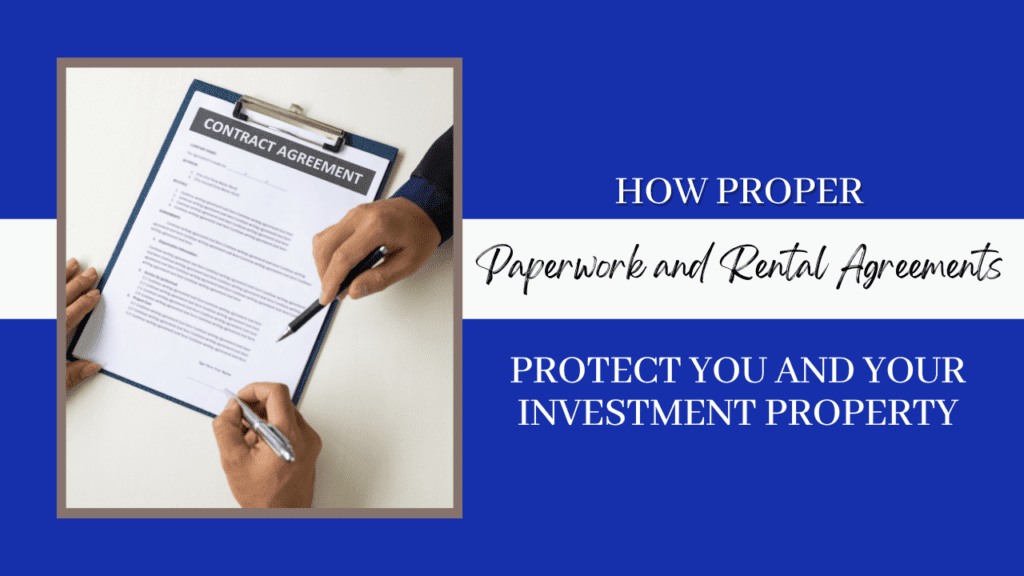
You probably didn’t get into real estate investing for the paperwork.
However, it’s a reality for every business enterprise, and when it comes to rental property, you need a lot of documentation to protect yourself and your investments.
To be effective and efficient, you’ll want to easily access rental applications, maintenance invoices, leases, inspection checklists, and an accounting of what is earned and spent every month. All of this paperwork requires organization, time, and technology.
Processes and systems help you set up and maintain the right documentation and paperwork. If you haven’t already invested in a great software package or partnered with a property management company, you’re likely missing out on some key resources.
Here’s why you need this paperwork to protect yourself.
Ormond Beach Lease Agreements
The lease is your most critical piece of paperwork. It’s going to be the first place that you and your tenants turn if there’s a question about something during the tenancy. Who is responsible for lawn care? It should be in the lease agreement. Is there a late fee if rent is paid two days after the due date? That should also be in the lease agreement.
If you don’t have an approved lease that’s signed by both you and the tenants, you’re not going to have any power to enforce rent collection, maintenance requirements, or other rules. A lease agreement protects you and your property. It also protects your tenants. Make sure you have a strong lease in place that’s been approved by a property manager or real estate attorney. It has to be enforceable in Florida. Discuss it in detail with your tenants, answer any questions, and sign it together before they move in.
Applications for Volusia County Rental Homes
Before the lease is signed or discussed, you need to make sure your tenants fill out a rental application.
It has to be legally compliant in Florida. If you don’t use the right type of application form, you may not legally be able to check backgrounds and credit. The application must grant you permission to contact former landlords, pull a credit report, and dig into criminal histories.
After you’ve completed your screening, you’ll need a form letter or some type of consistent communication that goes out to tenants who are approved and tenants who are denied. There are Fair Credit Reporting Act rules to follow when it comes to denying a tenant, so organization is incredibly important, otherwise you’ll face potential disputes and lawsuits.
Rental Properties and Accounting Statements
 Another important part of your documentation process is your financial reporting.
Another important part of your documentation process is your financial reporting.
You need to have a solid accounting system in place that shows you what you’re earning and what you’re spending every month on your rental property. You’ll need this information at tax time to file accurate returns and you’ll also want to know where you stand financially so you can make smart decisions about your investment.
Having good financial records will protect you from unnecessary losses.
Invest in good technology or work with a local property management company that can keep all your paperwork in the right place for you. We’d like to help you with this, and we’d be happy to talk about our systems for managing documents and enforcing lease agreements. Please contact us at Oceans Managing Group at (386) 255-8585, or visit www.oceanspropertymanagement.com.
